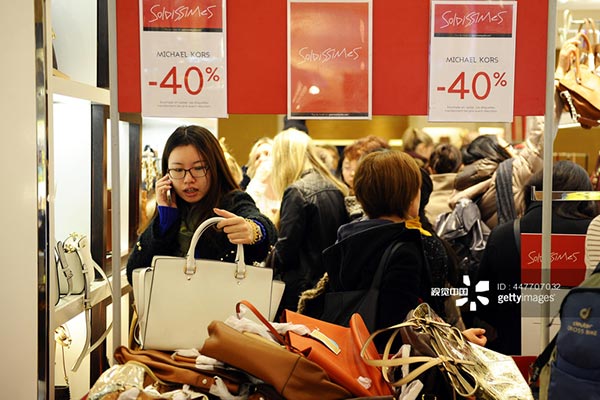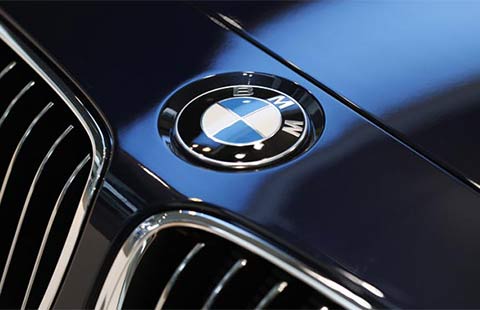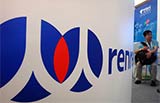Millennials shrug as private equity buys family businesses
(Agencies) Updated: 2016-04-21 07:48
 |
|
A Chinese woman selects a handbag at a mall in Paris during the French discount sales season. GETTY IMAGES |
When CITIC Capital was first introduced to the company in late 2013, its biggest shareholder wasn't seeking an outright sale, Xin said.
Six months later, as sales to the hotel business deteriorated, stocks piled up and profit margins eroded, the owner changed his mind.
Sulger of Lunar Capital said he's hunting for fundamentally sound companies that are facing challenges that can be resolved with professional management.
Chinese snack food companies, for example, typically have net profit margins of 4 percent to 6 percent, roughly half of what overseas competitors boast, Sulger said.
In the early years after China opened up to buyout firms, they had to pay more in the rare instances when they were able to gain control.
As more companies have become available, the median enterprise value of deals involving a change of ownership has dropped to 7.2 times trailing 12-month earnings, according to data compiled by Bloomberg, from 11.6 times in 2014 and more than 17 times in 2013.
- Shipping alliance aims to challenge market leader
- China ranks world's second largest iOS revenue in Q1
- More financing support set for exporters
- Think-tank study supports China-EU free trade talks
- Profits peaked for five Chinese commercial banks: report
- Sinopec launches natural gas processing plant
- Chinese cities tighten control over down-payment loans
- Shanghai index plunges by 2.3%, drops below 3,000 level

















